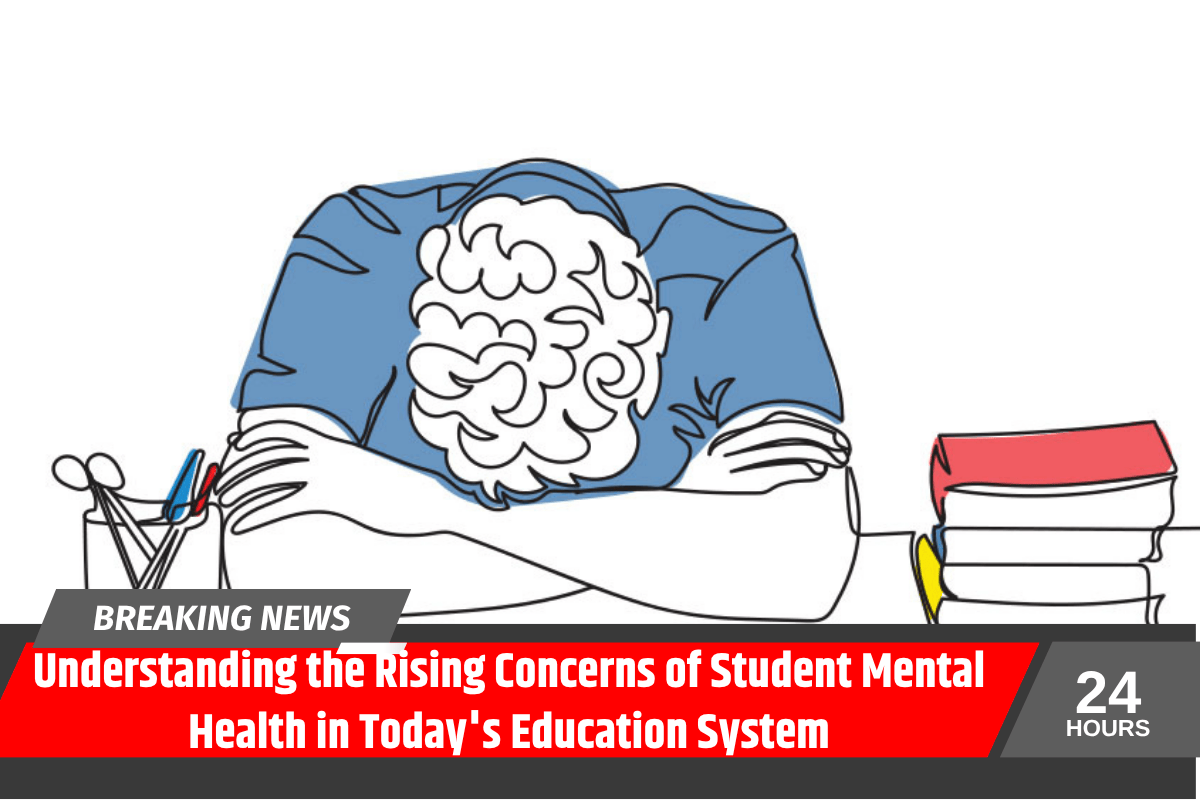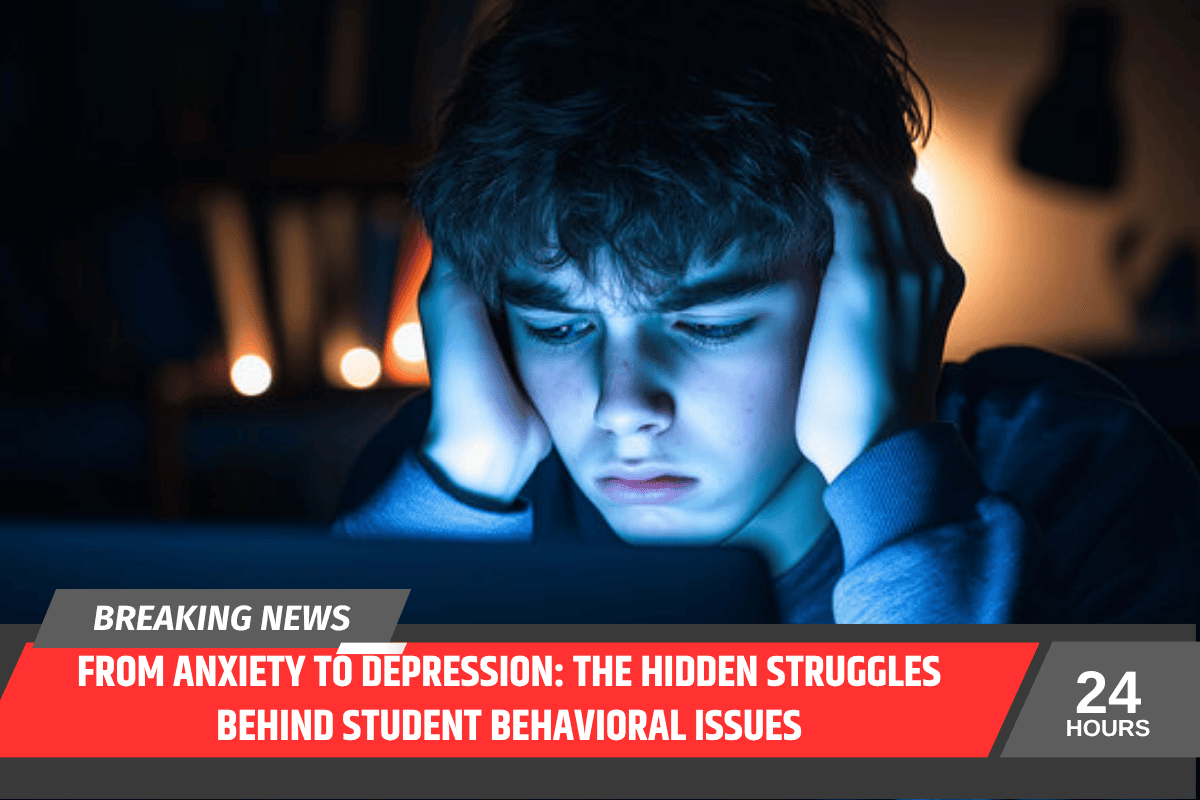Creating a mentally healthy campus is vital for the overall success and well-being of students. Mental health is just as important as physical health, yet it is often overlooked. With rising stress levels, academic pressures, and personal challenges, students need support and resources to manage their mental health effectively.
In this article, we will explore various strategies that educational institutions can implement to create a supportive and mentally healthy environment for students.
Understanding the Importance of Mental Health for Students
Mental health issues among students are on the rise, affecting their academic performance, personal development, and future success. Anxiety, depression, and stress are common among students of all ages.
These issues can be caused by several factors such as academic pressure, social challenges, and uncertainty about the future. When students experience mental health struggles, their ability to focus, perform well in their studies, and build relationships can be severely impacted.
Institutions must recognize the importance of mental health and create an environment where students feel safe, supported, and understood. By focusing on mental well-being, schools can help students thrive academically and emotionally.
Strategies to Support Mental Health on Campus
1. Providing Accessible Counseling Services
One of the first steps in supporting mental health on campus is offering accessible counseling services. Many students hesitate to seek help due to the stigma surrounding mental health or lack of awareness about available resources.
It is essential for schools to make counseling services easily accessible, either by offering walk-in sessions, online therapy, or free consultations. Promoting these services through campus events and orientation programs helps students feel more comfortable seeking assistance when needed.
2. Encouraging Open Conversations About Mental Health
Normalizing conversations about mental health is key to breaking down the stigma. Schools can create platforms where students can openly discuss their struggles and concerns without judgment.
This can be achieved through workshops, group discussions, or support groups. Faculty and staff should also be educated on how to identify signs of mental distress in students and refer them to the proper resources.
3. Offering Stress Management Programs
Stress is one of the most common mental health issues among students. Academic deadlines, exams, and the pressure to perform well can be overwhelming.
Institutions can combat this by offering stress management workshops that teach students how to manage their time, relax, and deal with anxiety effectively.
Yoga, mindfulness sessions, and meditation classes can also be integrated into the campus life to help students unwind and recharge.
4. Creating a Supportive Campus Environment
A supportive campus environment is crucial in promoting mental well-being. This includes a safe and inclusive atmosphere where students feel valued and respected.
Promoting diversity and inclusion, and addressing issues like bullying and discrimination, can significantly impact students’ mental health. Additionally, creating spaces where students can relax, socialize, or engage in non-academic activities can offer a sense of community and belonging.
5. Encouraging Physical Well-being
Physical health and mental health are closely linked. When students are physically active, their mood improves, and they are better equipped to handle stress.
Encouraging physical activity on campus through sports, fitness programs, and outdoor activities is essential. Universities can also provide free or affordable access to gyms and fitness centers, ensuring that students can prioritize their physical well-being.
6. Promoting Healthy Lifestyles
A balanced diet, regular exercise, and adequate sleep are fundamental to good mental health.
Schools should educate students about the importance of maintaining a healthy lifestyle and provide resources to help them do so. Offering nutrition programs, sleep hygiene workshops, and access to fitness centers can empower students to take care of themselves both physically and mentally.
7. Fostering Peer Support Networks
Peer support networks are incredibly valuable for students facing mental health challenges. Establishing peer mentoring programs where students can connect with others who have gone through similar experiences helps reduce isolation and provides emotional support.
Encouraging students to engage in clubs, extracurricular activities, and social events fosters a sense of community that promotes mental well-being.
Building a mentally healthy campus is a collective effort that requires support from everyone – students, faculty, and staff.
By implementing strategies like accessible counseling, encouraging open conversations, promoting stress management, and fostering a supportive environment, educational institutions can create a culture where students feel supported and empowered to take care of their mental health.
Prioritizing mental health on campus is essential for students’ overall well-being, academic success, and personal growth. By taking these steps, we can ensure that students not only succeed academically but also lead balanced and fulfilling lives.






